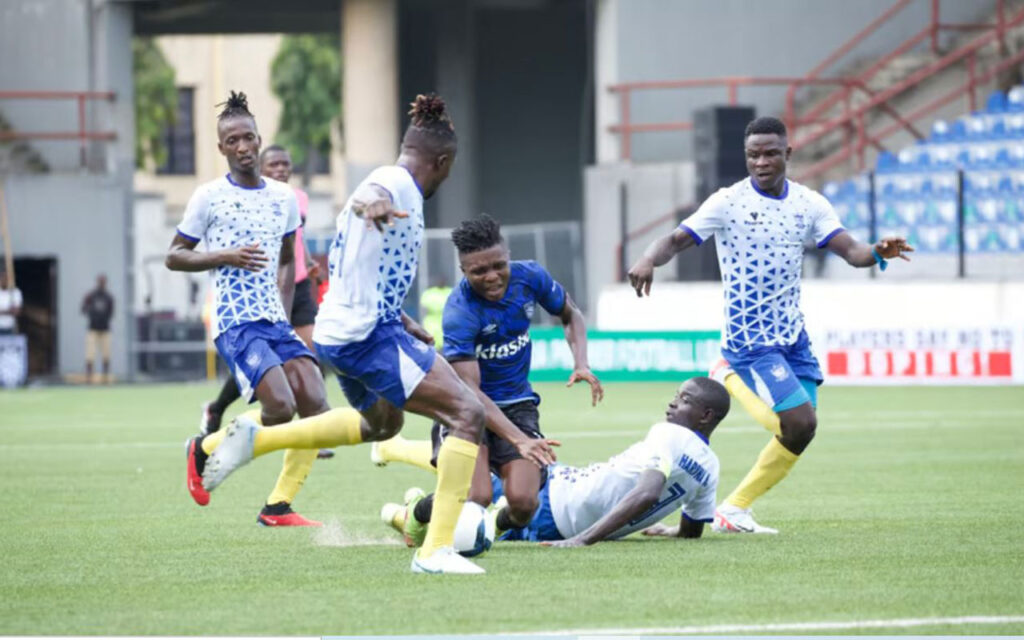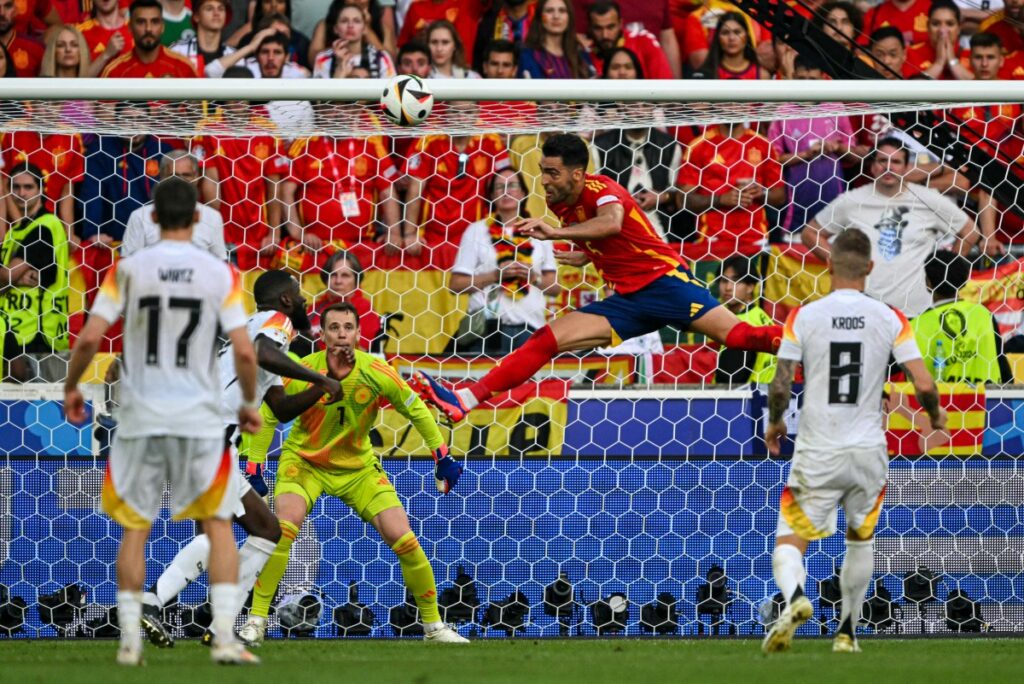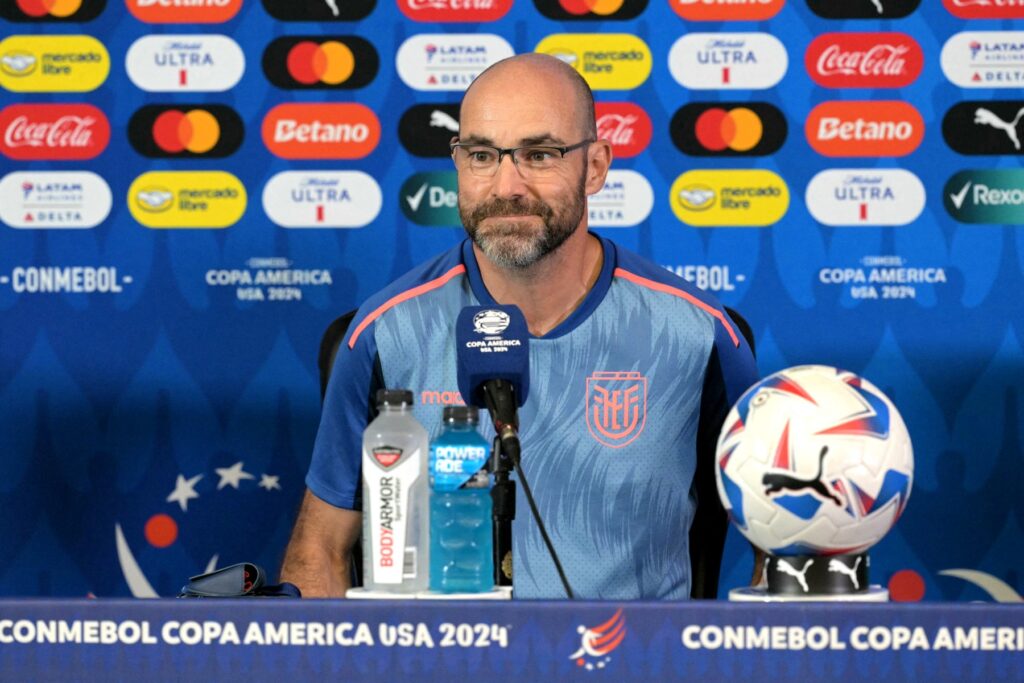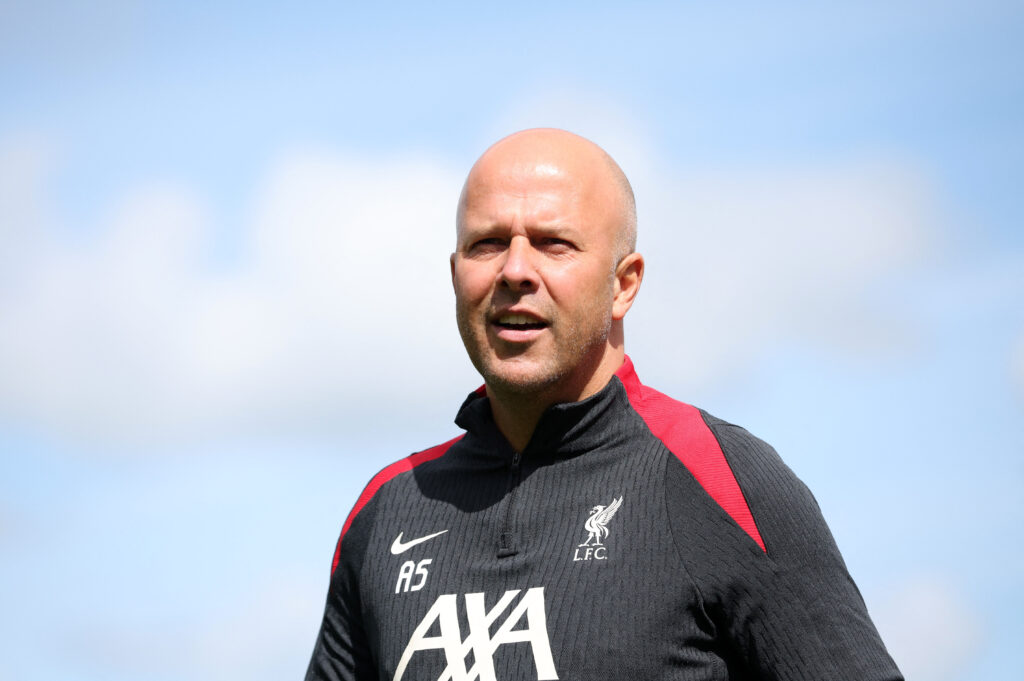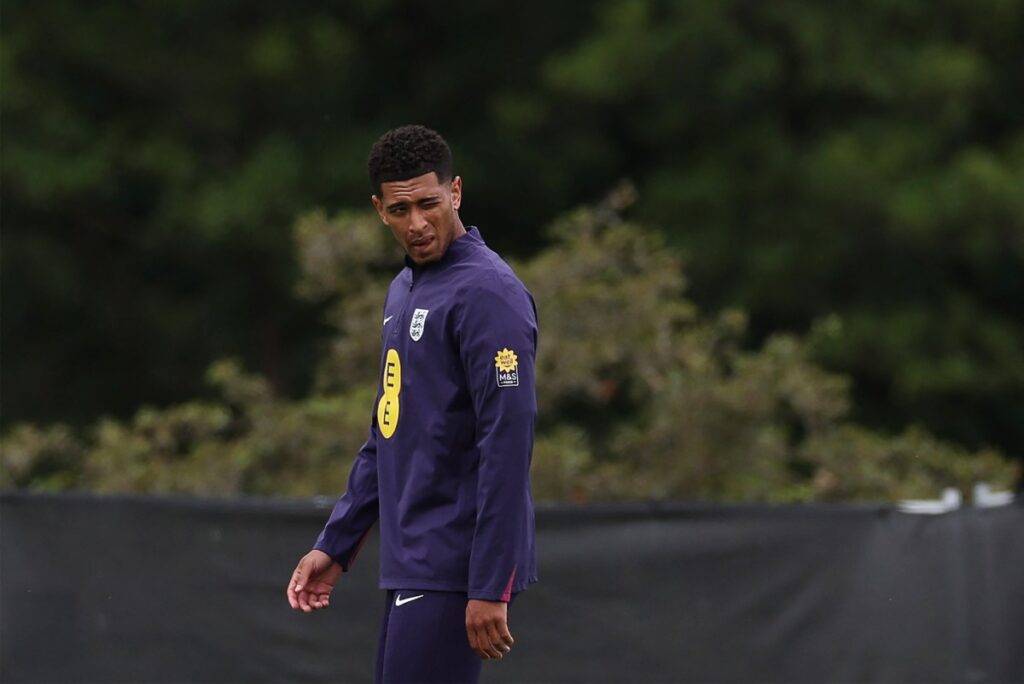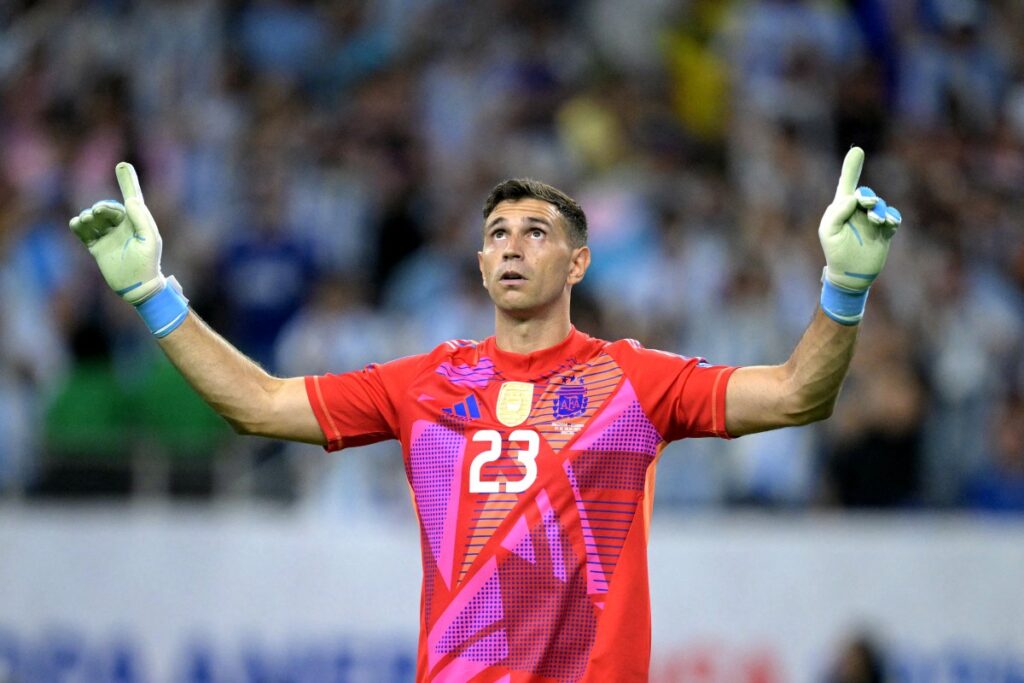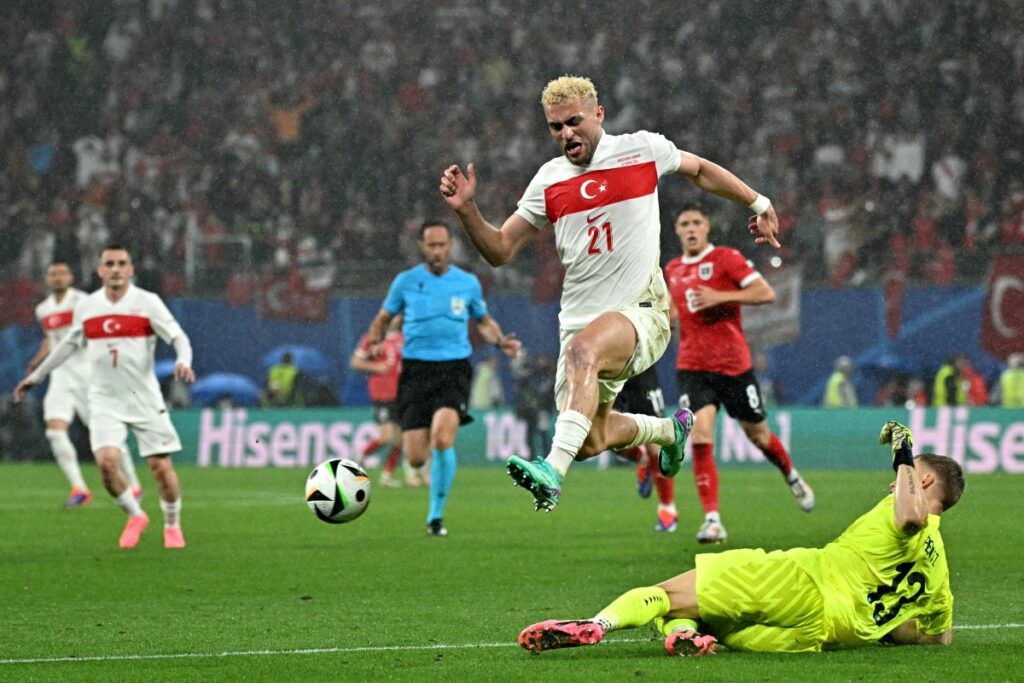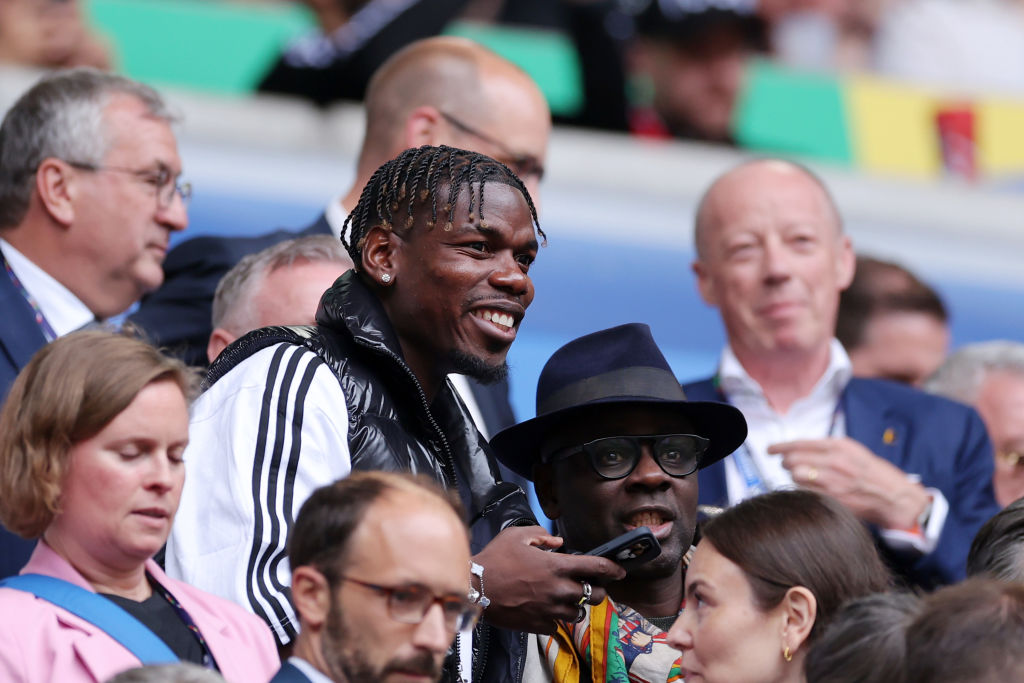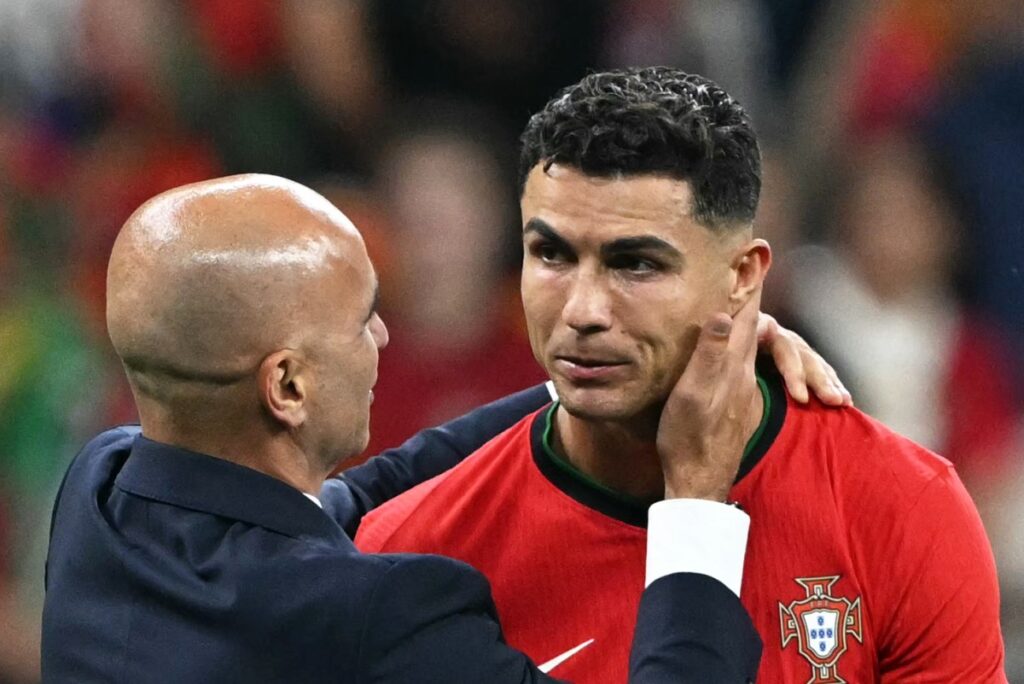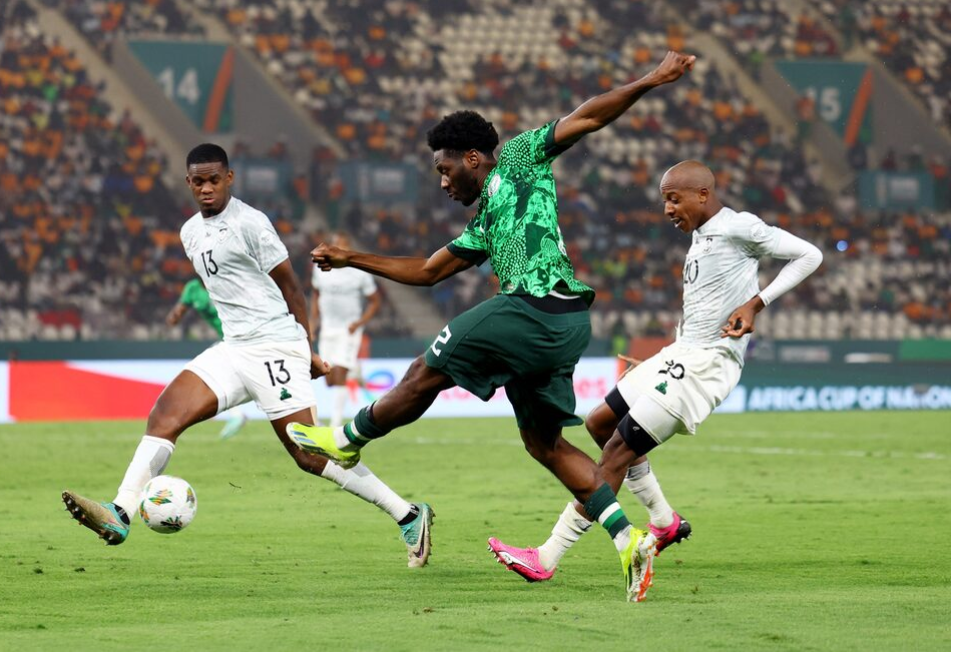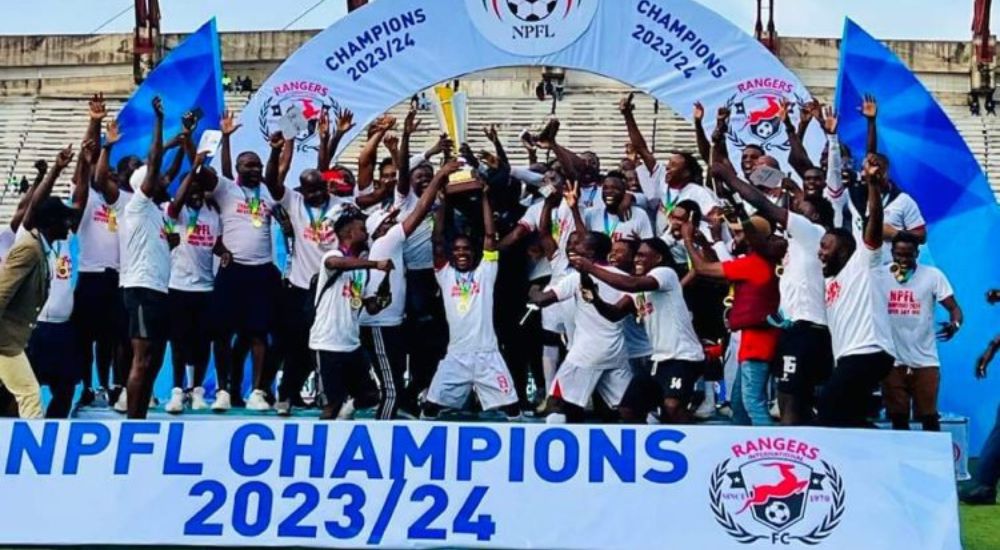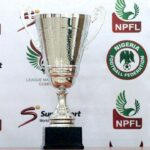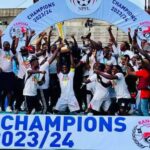 Over the years, the nomenclature of the country’s premier football league, which is the highest level of club football has been changed severally by those managing it. This exercise has not bequeathed a flourishing league to the country as obtained in most footballing nations. Rather, it has been one form of controversy after another to make its rechristening almost meaningless, GOWON AKPODONOR reports.
Over the years, the nomenclature of the country’s premier football league, which is the highest level of club football has been changed severally by those managing it. This exercise has not bequeathed a flourishing league to the country as obtained in most footballing nations. Rather, it has been one form of controversy after another to make its rechristening almost meaningless, GOWON AKPODONOR reports.
An organisation’s name is commonly considered an integral part of its image, just like the quality of its products, or its technical services. In that wise, a name change may be for a variety of reasons, including rebranding purposes, which implies a fresh start aimed at repositioning it in the market.
When two organisations merge, or one acquires another, a new name may be chosen to reflect the combined entity, while a name change may also be necessary due to trademark disputes or other legal reasons.
Furthermore, a name may become outdated or irrelevant as markets evolve thereby prompting a change to stay relevant.
Whatever reason that prompted a name change, some of the benefits expected from such exercise include improved brand perception, standing out in a crowded market, increased visibility as well as, attraction of new customers and partners through the buzz and attention generated.
That said, frequent changes in a company’s name could give the impression that it is battling an identity crisis that may, in fact, affect the way that the public relates with it. In some cases, such identity changes have led to eventual collapse of outfits
The world’s most lucrative and best watched club football league, the English Premier League was formerly known as English Football League Division One until February 20, 1992, when clubs in the old football league’s First Division decided to change the league’s nomenclature and modus operandi to ensure a professionally run business entity. Thus, the English FA Carling Premiership was born.
It retained that name from 1993 to 2001 until Barclaycard took over its sponsorship in 2001 and since then it is known as the Barclays Premier League.
That change in name, expectedly, came with a change in fortune, which ensured that most leagues in the world are modelled after the Barclays Premier League business model, which has seen many investors angling to get a share of the fortune in the league.
In Nigeria, the National League (NL) came into existence in 1972, two years after the Nigerian Civil War. It retained that name until 1979, when it was changed to First Division with the creation of two lower leagues, Division Two and Division Three, to accommodate more clubs in the system.
In 1990, two years before the English domestic changed its name to reflect its pure business orientation, a group of businessmen came together to form what they called the Nigerian Professional League. The idea then was to divest it of government bureaucracy, and give it a chance to work as plain business.
Three years later (1993), it became the Nigeria Premier League (NPL), a name that it maintained up till 2000 when it became the Nigerian Premiership (NP). That name sufficed for three years before it was changed to the Nigeria Professional Football League (NPFL), which it bore from 2014 to 2023, before the recent change to Nigerian Premier Football League (NPFL).
While it is important to point out that some of these changes were done to avoid legal issues, and claims made by certain individuals regarding the ownership of the former names, the adjustments in nomenclature have, to some extent, shown a lack of clear roadmap to the desired change in the fortune of the domestic league.
This can be further gleaned from the frequent changes in the name of the managing body, which has been variously known as the League Management Committee (LMC), Interim Management Committee (IMC), and now the Nigerian Premier Football League (NPFL) board.
According to a former chairman of Sunshine Stars of Akure, Kasali Obanoyen, the frequent name change in the domestic league smacks of inconsistency, as well as the mundane mentality of league operators and managers at various times.
Obanoyen added: “The evidence is there for everyone to see. From an interim body to the Nigeria Premier League, our league changes name like the chameleon. And the names have no legal backing till this moment.”
He continued: “The Chief Jackson Oyuki Obaseki-led Nigeria Football League (NPL) that had the legal backing was yanked off, leading to a clinical climate of confusion, sponsorship was no longer steady, and officiating became the commodity for highest bidders. There was no huge impact in contemporary continental representation by Nigeria’s purported league winners.
“The frequent name change affected the league’s fortunes and also impacted negatively on clubs and players. Refusal to honour sponsorship deals made a mess of the system, and the flow of the game to the point that the rights’ owner, who could have fought to stop all the nasty court cases arising from the refusal to honour these deals, was mysteriously sidelined by the corrupt powers that be in our football,” Obanoyen stated.
Since the late 2000s when an Interim Management Committee (IMC) led by the late Oyuiki Obaseki in 2002 was set up to rejuvenate and effectively manage the nation’s premier football league, the Nigerian Premier League has suffered from dwindling fortunes.
For instance, after the TV broadcast rights for the league was advertised for interested companies, only two companies – AIT and Total Promotions bided for the broadcast rights, which was won by Total Promotions. The outfit offered N35 million per season. After holding the broadcast rights for three years without any other sponsor, Total Promotions then advised the league to float a limited liability company to attract sponsors.
This gave birth to the Nigeria Football League Limited, and the league was then renamed Nigeria Premier League (NPL).
With the league’s new status as a limited liability company, sponsors trooped in and the league became viable. Total Promotions brought in Supersports as the television broadcaster, while Globacom became the title rights owner of the league.
In 2011, Davidson Owumi was named the Chief Executive Officer of the Nigeria Premier League (NPL), and he promptly advertised the league’s title rights.
Several companies indicated interest, including Globacom. After weeks of rigorous exercise, the league board announced Total Promotions as winner with a N3 billion per year deal.
Globacom, however, expressed dissatisfaction because Total Promotions, after winning the bid, disclosed that it bided on behalf of another telecommunications outfit, MTN.
Barely a year after he took office, Owumi was removed as the NPL CEO in 2012 through an arbitration panel constituted by the Nigeria Football Federation (NFF) to mitigate the impasse that broke out after Ransom Baribote cried foul in the wake of the election.
With Owumi’s departure, Baribote came on board, and soon signed a five-year-deal with Total Promotions for the broadcast rights of the league. But it did not take long before a Congress held in Abuja, sacked him over allegations of financial recklessness and high-handedness.
In November 2012, with the agreement and support of the National Sports Commission, the NFF constituted an Interim Management Committee (IMC) for the League as part of measures to avert a total collapse of the top tier professional League following protracted troubles in the Nigeria Football League (NFL), which arose from difficult legal and administrative impediments.
The process, under former Sports Minister, Bolaji Abdullahi, gave birth to the Nduka Irabor-led League Management Company (LMC).
When Irabor came in as LMC chairman, he allegedly jettisoned the five-year broadcast deal between Total Promotions Limited, and the League body because “it was skewed in favour of one party. In setting aside the deal, the LMC elected to deal directly with Supersport.”
Total Promotions, led by Chief Niyi Alonge, did not take the loss of the deal lightly, thus it went to court, where it obtained an interlocutory injunction against LMC and Supersport. The LMC appealed the ruling, while Supersport terminated its contract with the League.
The next Sports Minister, Solomon Dalung, only danced around the issues, but could not stop the many crises bedeviling the league, particularly the legal issues.
To steer the competition away from the legal issues dogging it, the immediate past Minister of Sports, Sunday Dare, changed its management body’s name from LMC to Interim Management Committee and then constituted its board led by Gbenga Elegbeleye.
The IMC later became the Nigeria Premier League board, while the competition became the Nigeria Premier Football League. This, according to the body, is to avoid issues with some parties claiming ownership of the Nigerian Professional Football League brand name.
Speaking while inaugurating the latest management of the league, NFF President, Ibrahim Gusau, said: “I charge you, IMC, to do more as your first tenure as Interim Management Committee, IMC, was commendable. For the first time NPFL champions got N100m as prize money. I urge you to do more to attract more sponsors.”
The Elegbeleye-led body and his team recently secured a sponsorship deal of N1 billion with financial brokerage outfit, GTI and a N1.6 billion yearly broadcast deal with StarTimes.
Although some stakeholders have kicked against the StarTimes’ N1.6 billion yearly broadcast right deal, claiming it is nothing compared to what is obtainable in other African countries, there are some stakeholders that believe it is a good starting point for a competition that has been out of television for up to 10 years.
All over the world, money raised from television broadcast rights plays big roles in sustaining the country’s football league.
In Ghana, StarTimes signed a five-year agreement with the GFA worth $5.25million to be the exclusive television rights owner of the Ghana Premier league.
In North Africa, Morocco generates huge amount annually from three broadcast sponsors namely, Arrayadia, Al Aoula, and Bein Sports.
One of those who thinks that the frequent name change of the professional league does not matter as long as the league is doing well is the Chairman, Task Force of the Nigerian Professional Football Association (NPFA), Harrison Jalla.
“In my opinion, I think the NPFL did well in last abridged season as far as the management of the league is concerned. Let’s not also forget that the NPFL under the LMC was a disaster and totally bankrupt due to massive corruption, which forced Supersport, the broadcast rights sponsors to pull out.
“We had three inconclusive seasons under the LMC, and there was a backlog of unpaid indemnities for years. The league became open to the highest bidder, and sponsors could not be attracted because the organisers had credibility and accountability issues. A combination of these issues forced the Federal Government to sack the LMC.”
Jalla, therefore, urged stakeholders to support the Elegbeleye-led NPFL board to turn things around, saying: “For now, they are not doing badly although there is still a long way to go. What I am not satisfied with, as we speak, is the performance of our clubs at the continental level. The NPFL clubs have a lot of catch up to do as far as management of modern football clubs is concerned. For now, North African clubs are far ahead of us hence the need for us to innovate urgently.
A former Super Eagles winger, Edema Fuludu, also feels that frequent name change for the league of little or no consequence if it fails to hinder the progress of the nation’s football league.
“All I can say is that the league is still work in progress because minor reforms have taken place, which include sanctions to hooligans and match officials’ for deliberate and unprofessional lapses committed,” Fuludu told The Guardian.
“Clubs are encouraged with the financial support that they are now getting, but beyond that, there is still a whole lot to do to improve the fortune of the league.”

